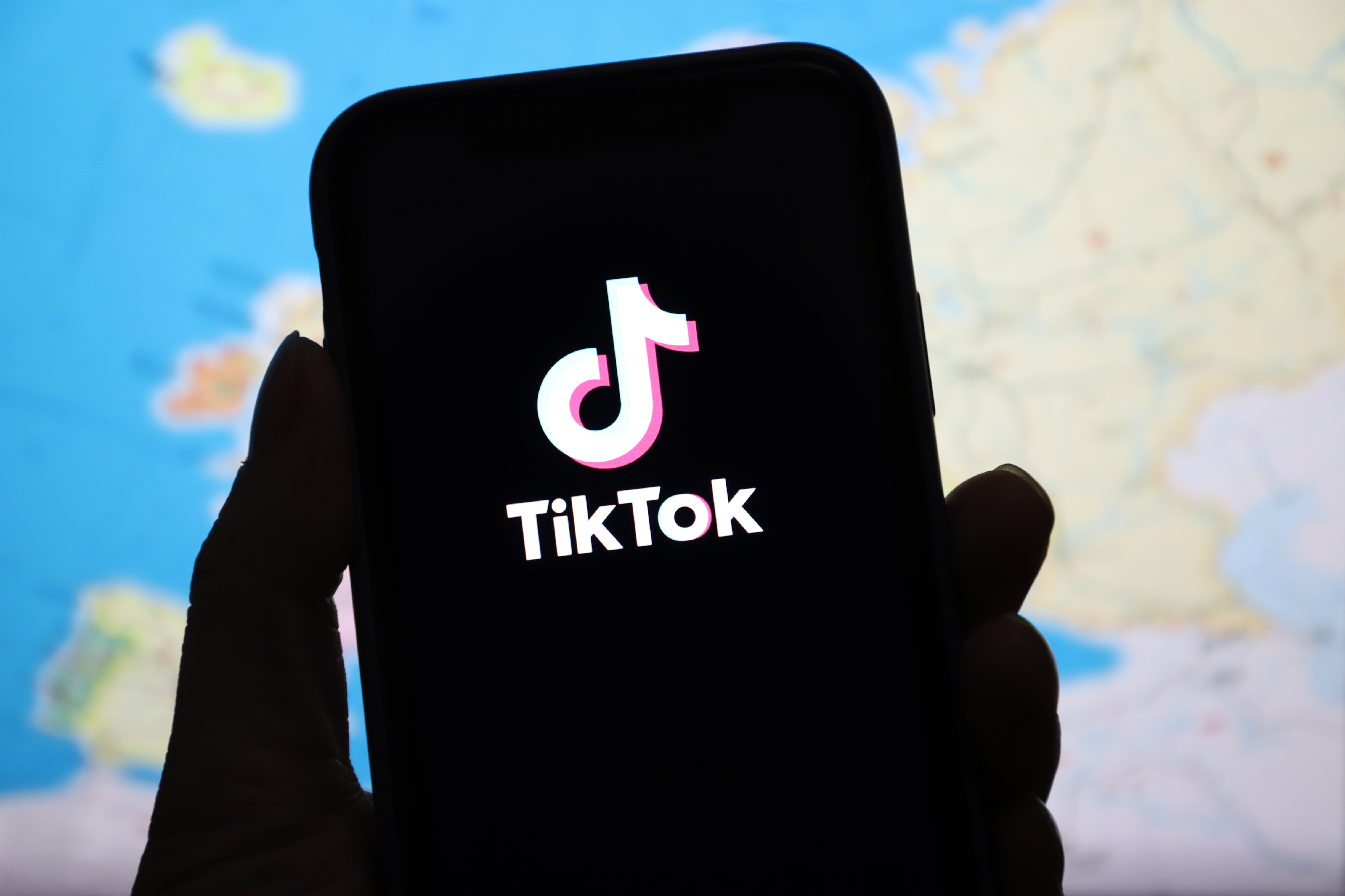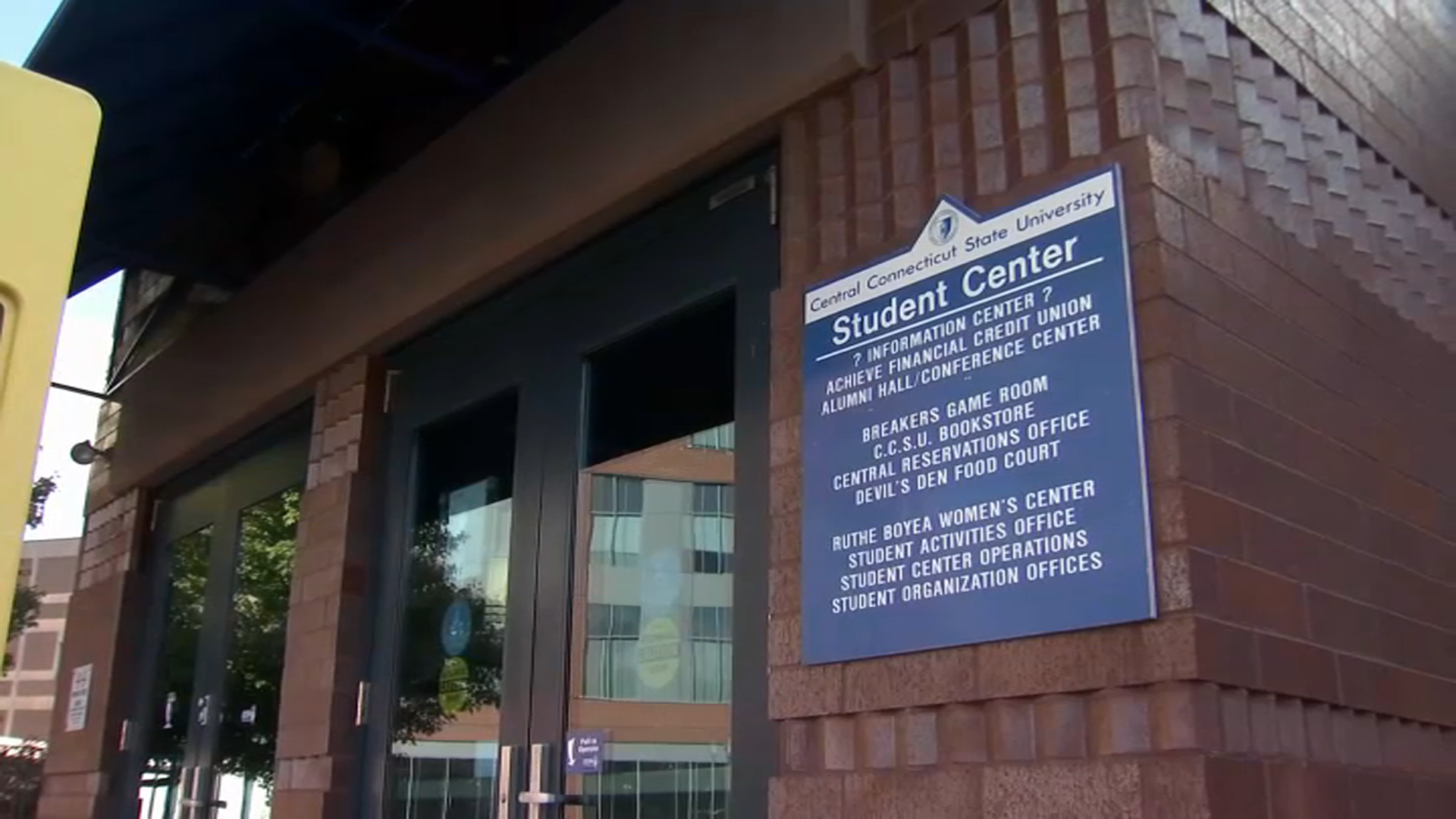“It seemed impossible. It was just a dream,” recalled Eduardo Garces.
That dream became reality when Eduardo Garces opened the Cafe Real coffee shop in downtown Bristol in October of 2019. Business took off at first, but was grounded five months later by the pandemic.
“We felt like everything was falling apart,” said Garces.
After a four month closure, Garces said he was determined to reopen, but it wasn’t easy.
Get top local stories in Connecticut delivered to you every morning. >Sign up for NBC Connecticut's News Headlines newsletter.
“It’s really intense to try to stay in business and people are told to stay home,” he explained.
The Paycheck Protection Program was part of his plan to succeed. Launched by the Small Business Administration last spring, the federal government has doled out more than $6 billion to Connecticut businesses.
“Nothing has compared to the amount of assistance and level of funding that the federal government has offered through the PPP program,” explained Bristol’s economic development director, Justin Malley, noting that the state has offered up small loan programs and that cash-strapped cities and towns don’t have the funds to do the same.
Local
The loans cover eight to 12 weeks of payroll costs. This time, sectors hit hardest by the pandemic, like travel and leisure, hospitality, and restaurants can qualify for two-and-a-half times the loan amount as other types of businesses.
Chris DiPentima, president of the Connecticut Business and Industry Association, said performing arts and commercial air manufacturing companies are also likely to qualify.
“Obviously, commercial passenger travel way way way down so those folks have been significantly impacted and will likely qualify,” he explained.
Like in past rounds, the money can be used for to pay for payroll costs as well as rent and utilities. New this time are tech investments, like IT and software.
“Because a lot of people think that’s going to be the wave of the future following the pandemic,” said DiPentima.
From February 24 through March 9, only loan applications from businesses with less than 20 employees will be accepted. The goal is to give mom and pops, like those run by women, people of color and even non-citizens, who haven't established a lending relationship with a bank, a chance to go to the front of the line.
"We think it's an opportunity to bring some more people into the banking environment and give them an opportunity to maybe reset their future,” said Stephen Lewis, president and CEO of Thomaston Bank. “They really don’t have a long term or established lending relationship with a bank. Reality, they’re probably doing a lot of their business using credit cards, and borrowing on maybe on a consumer front.”
More non-profits such as chambers of commerce are also eligible under the program’s expanded guidelines.
DiPentima said it’s important, “That they continue to obviously thrive because they’re the ones that are helping the business community thrive.”
With the state signaling that larger events will soon be allowed, the New England Carousel in Bristol wants to use its loan to hire back its staff. Executive Director Morgan Urgo said the museum qualified for a loan last year, but once it ran out in October she had to lay everyone off again.
“We had to furlough most of the staff so we’ve been running on volunteers that have been super dedicated,” she explained.
She plans on reapplying.
“As a small nonprofit that was really running paycheck to paycheck to begin with it was really important for us to stay on top of everything that was coming out,” said Urgo.
She said the museum’s profits were down 74% last year. It also had to return $15,000 in deposits when executive orders barred birthday parties, weddings, and other indoor events.
“Financially it’s been really hard,” she stated.
Malley said it just makes sense to give banks breathing room by keeping larger companies out of the application process over the next two weeks.
“Small businesses are the backbone of our economy, very important to the city,” he explained.
Garces called the $6,000 loan he was approved for a lifeline to keep his coffee shop, which sells the coffee his uncle grows in Colombia, open.
“It’s very hard for a small business or a start-up to say I’m gonna be here for the next 20 years and I’m going to be able repay you. You can’t guarantee that,” he explained. “When you’re a start-up you’re basically a backgroundless entitity. So, you have only been in business for a year or two and when you approach a bank for any kind of loan they’re going to look at you’ve got to have at least three years of tax returns with profits on them, that’s never the case for any small business.”
Although he admitted that he doesn’t see the light at the end of the tunnel just yet, the PPP has given his business a needed jolt.
“I think everything is in our favor. It’s been challenging. But, just the fact that we’re here today makes it all worth it.”



